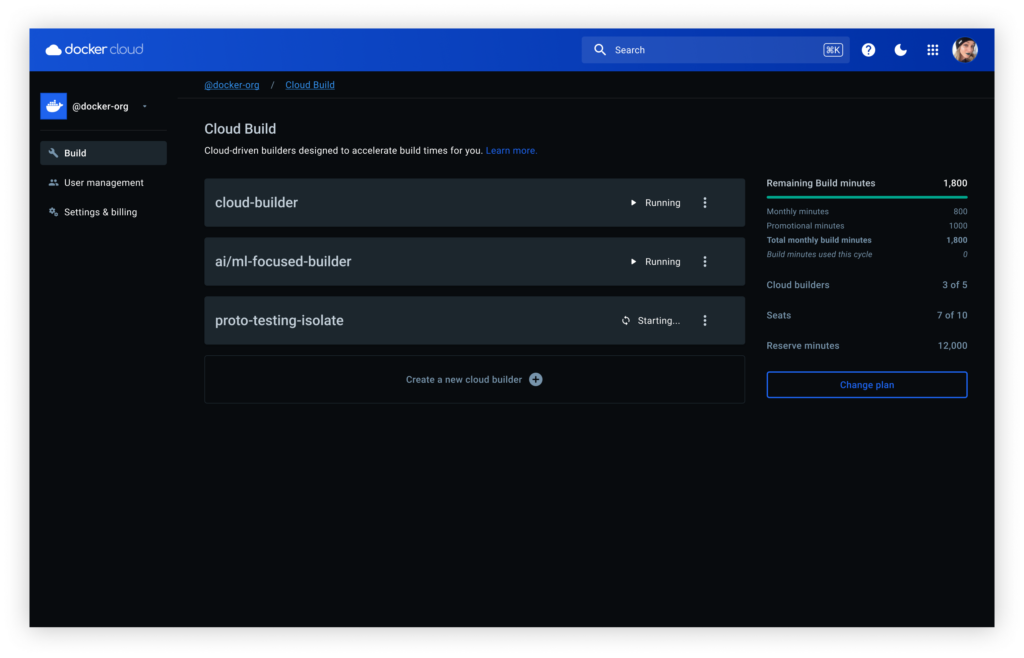Docker, Inc. Delivers Cloud Service for Creating Software Builds
Docker, Inc. this week made generally available a cloud service that makes developers more productive by offloading the build process from a local machine.
Mathew Wilson, director of product management for Docker, Inc., said Docker Build Cloud makes it possible to reduce the time required to create a software build by as much as 70% compared to using a local system or continuous integration (CI) platform.
Designed to be a natural extension of the Docker Desktop used to build cloud-native applications, Docker Build Cloud doesn’t require developers to make changes to their existing workflows, he added.
The overall goal is to increase developer productivity by streamlining processes that result in context switching and often create DevOps headaches for developers, noted Wilson. In fact, Docker, Inc. estimates the average build time has increased by 15.9% since 2021 and costs each developer about an hour each day to complete. Docker Build Cloud accelerates the process via a cloud service that can be accessed for 200 minutes a month starting at $5 a seat per month, and additional minutes beyond those start at $0.05/minute.
Previewed at the DockerCon conference last fall, this latest offering is part of a larger effort to provide developers with a hybrid experience that enables them to offload tasks to the cloud rather than always having to run everything on a local machine. That’s critical because it’s becoming increasingly common for developers to work with 20 to 30 containers that might be too large to efficiently run on a laptop.
Docker Inc. also plans to similarly offload testing after acquiring AtomicJar late last year. The AtomicJar service eliminates the need for IT organizations to set up their own staging environment to test applications because developers can more easily test applications themselves.
In general, the line between developer environments on local desktops and the cloud is starting to become indistinct in the hybrid cloud era. The challenge is making that shift between those environments as effortless as possible.
It is not clear how quickly Docker Build Cloud will increase the pace at which cloud-native applications can be built, but at a time when organizations are more concerned about the cost of application development, any effort to streamline workflows will garner interest. The issue that many organizations will naturally encounter is they typically have existing workflows in place for managing software builds within the context of an existing DevOps workflow.
One way or another, more organizations than ever are squarely focused on improving developer productivity. Docker Inc. is attempting to address that issue by focusing on the inner-loop workflow of the developer, while others embrace platform engineering as a methodology for managing DevOps workflows at scale in a way that is transparent to developers.
Of course, reducing the amount of time developers spend on tasks other than writing code only creates the opportunity for them to be more efficient. However, developers still need to be inspired to write code that actually makes it into an application. Providing them with additional time doesn’t always directly equate to a developer spending more of the time writing actual code.



